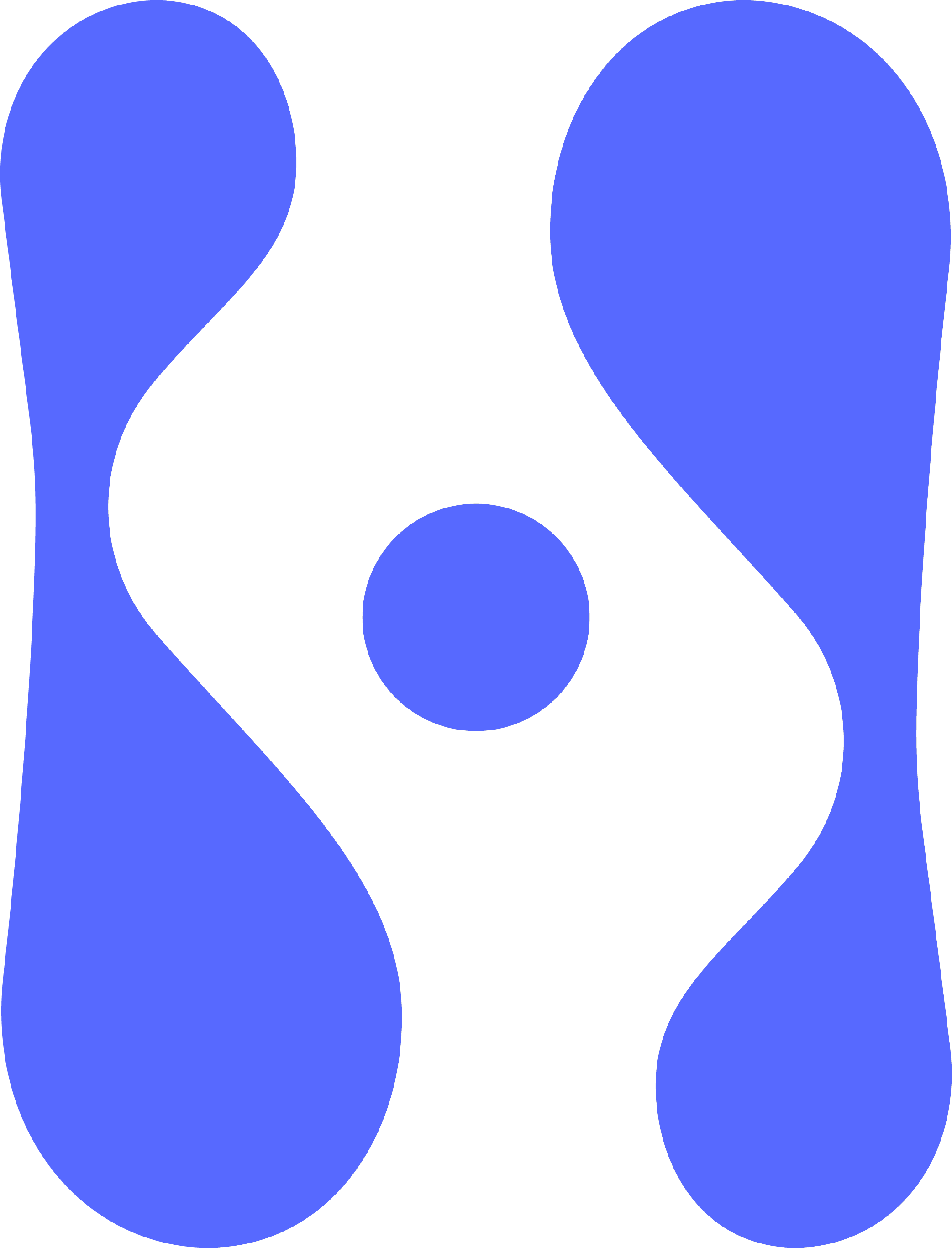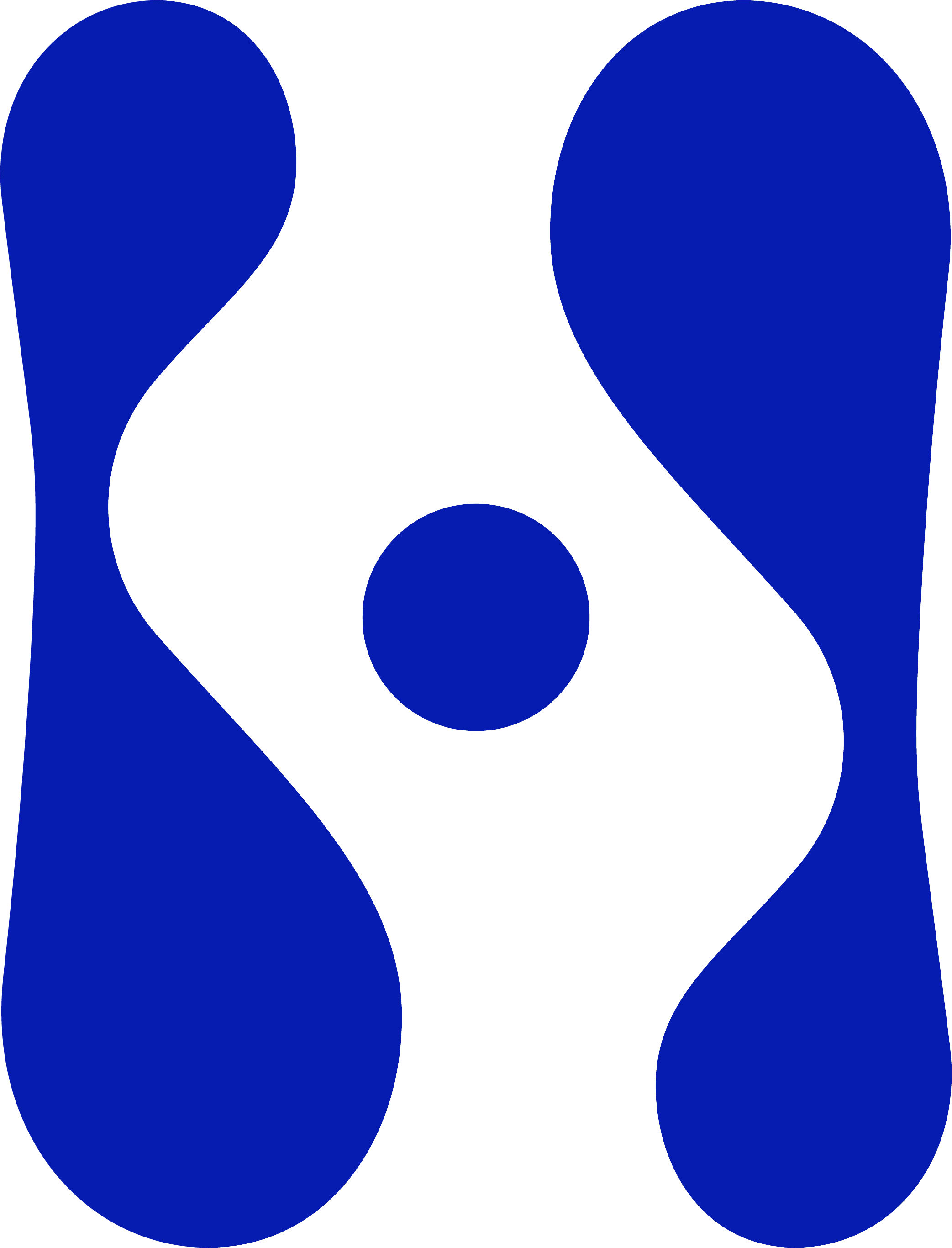This New Years, Don’t try to Improve Yourself

What if rather than trying to IMPROVE yourself, you instead CONNECT with yourself?
Each year the cycle begins anew:
feeling energized by the start of the New Year
thinking about all the ways we might improve ourselves
writing a task list
signing up for gym memberships or buying knitting supplies
Rallying ourselves to give another try at that thing we just know we should do but didn’t quite stick with last time
It’s great to use the turning of the calendar as a ritual to reflect on the past year and think ahead, but in this reflection something can go awry: we start telling ourselves a lot of “shoulds.” I should be more in shape. I should read more. I should be a better person.
These shoulds, though at first sounding like healthy goals, can actually be emotionally heavy––just notice how you feel when you read them. That’s because they’re often flavored with a hint of self-deprecation: I’m not good enough as is right now, but maybe next year if I can ’improve’ THEN I’ll be good enough.
What began as an optimistic start to the year has subtly become yet another exercise in reinforcing the mindset that we’re actually good enough or loveable enough as is. We’ve stumbled into what meditation teacher Bob Sharples calls “the subtle aggression of self-improvement.” What a rough mindset to start the year with! No wonder that by February we run out of energy to pursue our goals.
Here’s a new approach to try:
Don’t try to improve yourself.
Instead, make time to connect with yourself.
Make space in your life to listen to the emotional signals arising from your life that are telling you what need and want.
Just notice the difference between:
A) thinking “I should exercise,” or
B) noticing, “I’m feeling like I want to move my body more.”
The first is a Should: it’s an attempt to improve.
The second is a discovery that comes from connecting with yourself: this is what I want, it’s what would help me feel better.
Which approach feels better? Which are you more likely to act on?
I think for most people it’s easier, more sustainable, and more joyful to discover what you truly want then act on it, rather than berate yourself with shoulds.
How then do you connect with yourself?
- Make space. Make quiet time to meditate, journal, or take a long walk. Whatever you do, the key thing is that you have mental and emotional space to non-judgmentally explore what’s on your heart and mind.
- Listen to your emotions. Emotions contain information. They provide information about what energizes you, what’s challenging, and what is calling for attention in your life.
- Be iterative. The process of discovery isn’t a one-time thing. It’s not going to happen all at once during a New Years goal-setting blitz or at a weekend workshop. It’s iterative, it unfolds step-by-step as you practice day-by-day. Think of it like riding a bicycle: you get to your destination by making lots of little adjustments in balance and steering over the course of the whole trip.
The Humanize Dyad is one way to create this regular, iterative space to connect with yourself. “Dyad” simply means two, because this is a contemplative practice done online between two people, 15min/day. In it, you and a partner take turns reflecting on your daily challenges and gratitudes while the other practices empathetic listening. Importantly, the focus of this self-reflection is on “getting out of your head and into your body” so that you can listen for the emotional signals in your life that often get overlooked.
Unlike berating yourself with Shoulds, it also works. Past research has shown the Dyad practice leads to growth in emotional capacities like emotional awareness, emotion regulation, and resilience, as well as social capacities like empathy and compassion. A whopping 100% of past Humanize Dyad participants say they leave their Daily Dyad feeling more optimistic and in a better mood, with 97% saying they are satisfied with the Dyad practice overall.
So this year, if you’re feeling an itch to make a change but want to try a different approach, consider signing up for a 9-week Dyad program. You’ll join a small group of fellow participants for Daily Dyad practice, and receive weekly guidance in live online classes held by an expert facilitator.
If you’re intrigued but still not sure, come to a free webinar to try the Dyad for yourself and ask questions.
In either case, as 2024 begins consider a healthier and more empowering way of turning the page on a new year: Don’t try to ‘improve’ yourself. Instead connect with yourself and ask what you really need.

